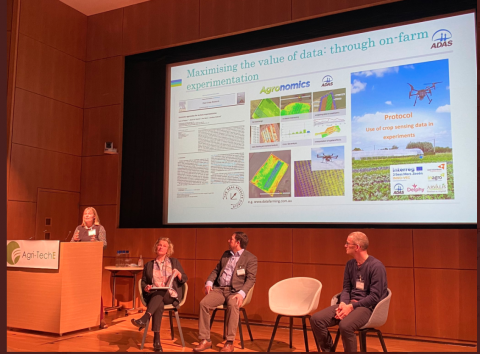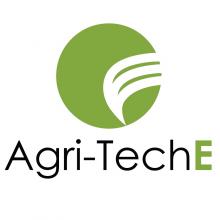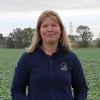Sarah's thoughts are below:
Farmers are faced with lots of data & many decisions: How do they make sense of it all? Agriculture is a data rich industry, but from a farmers perspective they are faced with lots of data & lots of decisions. If we look at this on a national scale, we estimate that there are a quintillion decision-combinations that farmers can make across a million arable fields – this is a lot of decisions! Data provides a huge solution to aid this decision making process, to make it more accurate, optimized and justified, which is crucial at a time when our industry is faced with increasing input costs, chemical losses and a drive to reduce carbon emissions. Whilst many digital tools and solutions are evolving at a pace, farmers are still faced with an immediate challenge to really maximise the value of their data on-farm.
As researchers, we recognize the value of the ability of farmers to collect substantial amounts of data on-farm – and this can make a significant contribution to progressing our knowledge and understanding at a scientific level as an industry. We need to embrace the power of on-farm experimentation in being complimentary to more traditional research methods from lab to field scales, in that it provides a real-world, commercial setting. At ADAS, our Agronomics approach to provide scientific robustness to on-farm experiments has provided farmers with the ability to accurately understand the impact of different ‘treatments’ at field scales, whether this is testing the impact of fungicide products on yield through the BASF Real Results programme or using spectral reflectance data captured by drones to understand the usefulness of this data in vegetable and potato crops in projects such as the INNO-VEG project.
Finally, I think connectivity is key here and we shouldn’t just focus on data per se, but also the wealth of knowledge that is out there– if we look across our industry, knowledge is extremely fragmented and inaccessible,. We initiated the Yield Enhancment Network 10 years ago – which sought to understand variation in yields across commercial farms and support arable innovators. Together, we have seen real value from farmers sharing their data and benchmarking their performance against their peers to inform future decision making. Farm PEP.net has been developed and established as a web platform to connect across Agriculture. The platform aims to enable knowledge across farming to be shared, found, discussed, distilled and developed. The Horizon Europe project IPM Decisions has developed a platform to act as a one-stop-shop for IPM decision support tools across Europe. Together, these examples along with many others across the industry will contribute to simplifying the quintillion decision-combinations.




